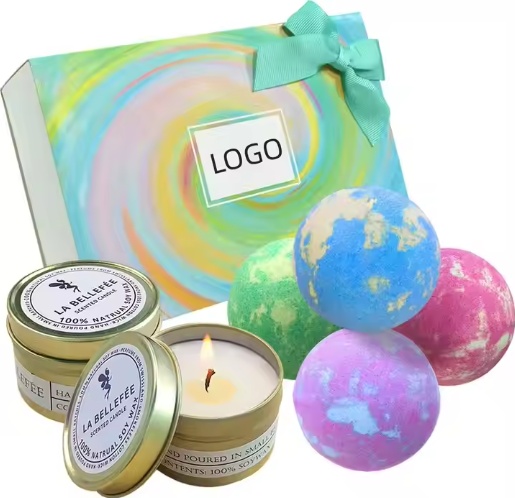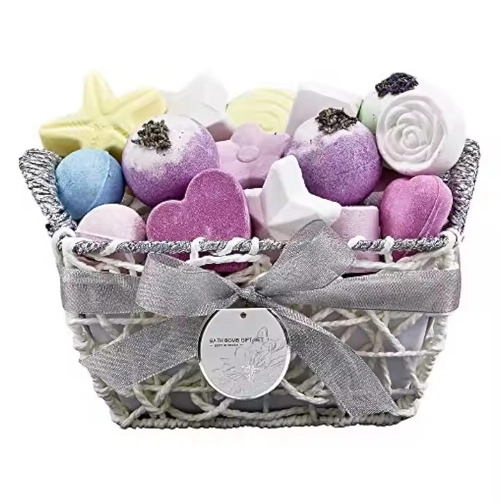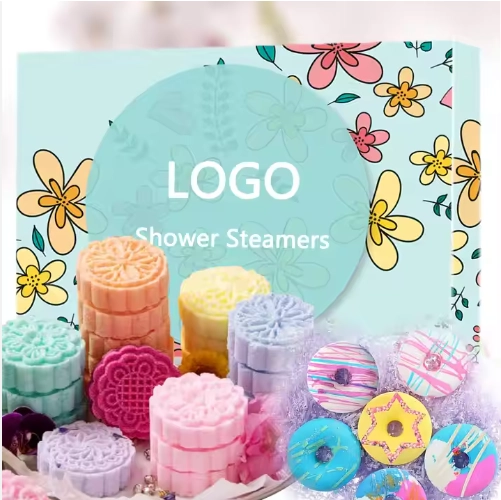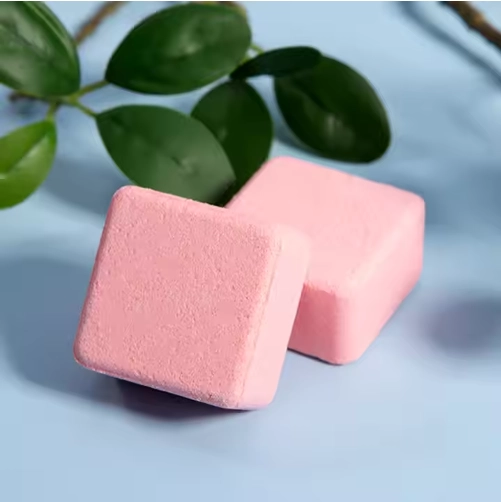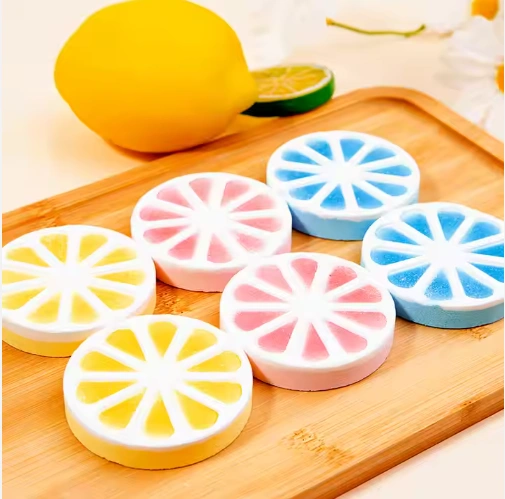What Are Essential Oils?
Essential oil is a type of plant extract. The compound’s name comes from the oil capturing the plant’s essence in the form of its scent or flavor.
Essential oils are created by steaming or pressing a part of the plant to produce its oil. Depending on which type of essential oil you're trying to create, a plant’s flowers, bark, leaves, or fruit may be used for this process.
It’s important to note that some limitations exist on what can be called a true essential oil. Generally, oils that were created through a chemical process (instead of a natural one) don’t qualify.
Once an essential oil is created, it’s often combined with a carrier oil, such as jojoba oil, to create a ready-for-use product. These compounds have a variety of applications.
For example, humans have used essential oils for centuries in aromatherapy, in which they inhale them for therapeutic benefit.
What is the history of aromatherapy?
Essential oils have been used for therapeutic purposes for nearly 6,000 years. The ancient Chinese, Indians, Egyptians, Greeks, and Romans used them in cosmetics, perfumes, and drugs. Essential oils were also commonly used for spiritual, therapeutic, hygienic, and ritualistic purposes.
More recently, René-Maurice Gattefossé, a French chemist, discovered the healing properties of lavender oil when he applied it to a burn on his hand caused by an explosion in his laboratory. He then started to analyze the chemical properties of essential oils and how they were used to treat burns, skin infections, gangrene, and wounds in soldiers during World War I. In 1928, Gattefossé founded the science of aromatherapy. By the 1950s, massage therapists, beauticians, nurses, physiotherapists, doctors, and other health care providers began using aromatherapy.
Aromatherapy did not become popular in the U.S. until the 1980s. Many lotions, candles, and beauty products are sold as "aromatherapy" products today. However, many of these products contain synthetic fragrances that do not have the same properties as essential oils.
How Does Aromatherapy Work?
Researchers are not entirely clear on how aromatherapy works. Some experts believe our sense of smell may play a role. The "smell" receptors in your nose communicate with parts of your brain (the amygdala and hippocampus) that serve as storehouses for emotions and memories. When you breathe in essential oil molecules, some researchers believe they stimulate these parts of your brain and influence physical, emotional, and mental health. For example, scientists believe lavender stimulates the activity of brain cells in the amygdala, similar to how some sedative medications work. Other researchers think that molecules from essential oils may interact with hormones or enzymes in the blood.
Aromatherapy massage is a popular way of using essential oils because it works in several ways simultaneously. Your skin absorbs essential oils, and you also breathe them in. Plus, you experience the physical therapy of the massage itself.
What Are The Benefits Of Aromatherapy Oils?
Aromatherapy is a complementary therapy. It does not cure diseases, rashes, or illnesses, but it can support conventional treatment of various conditions.
It has been shown to reduce:
- Nausea
- Pain and body aches
- Anxiety, agitation, stress, and depression
- Fatigue and insomnia
- Muscular aches
- Headaches
- Circulatory problems
- Menstrual problems
- Menopausal problems
- Alopecia, or hair loss
Some types of psoriasis may find relief with aromatherapy, but a healthcare professional should advise about its use and application.
Peppermint oil may benefit digestive problems, but it should not be ingested.
Clove oil can relieve toothaches and mouth sores, but it should also be applied topically and not swallowed.
The 9 Best Essential Oils for Aromatherapy
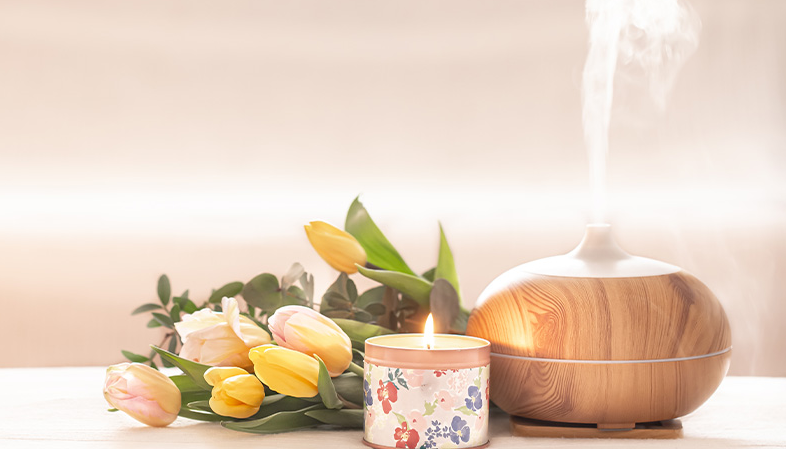
- Lavender essential oil: Lavender essential oil has a wide range of uses, including calming, soothing, and balancing effects, and it can also help with sleep.
- Rose essential oil: Rose essential oil is very suitable for use in the bedroom.
- Ylang-ylang essential oil: Ylang-ylang essential oil can relieve nervous tension, soothe anxious emotions, and calm people.
- Bergamot essential oil: the best choice to appease anxiety, depression, and mental tension; it can help people relax.
- Sweet orange essential oil: Sweet orange is one of the few essential oils proven to have a sedative effect. Its sweet orange fragrance can calm nerves,reduce stress,maintain physical and mental pleasure, and increase vitality. It can also relieve tension and stress and improve insomnia caused by anxiety.
- Lemongrass essential oil: With its exotic flavor, lemongrass invigorates the spirit and eliminates fatigue. Its deodorizing effect is also excellent in summer.
- Peppermint essential oil: Peppermint essential oil is cool and refreshing; it is the best refreshing essential oil; it can deodorize and is suitable for summer use, but not for the bedroom.
- Eucalyptus essential oil: Eucalyptus essential oil purifies the air and is very helpful for respiratory discomfort caused by colds, especially in places where the elderly and children live.
- Lemon essential oil: Lemon essential oil is restorative and helps to clear the mind.Is a natural antibacterial agent,suitable for summer use.
Send Inquiry

